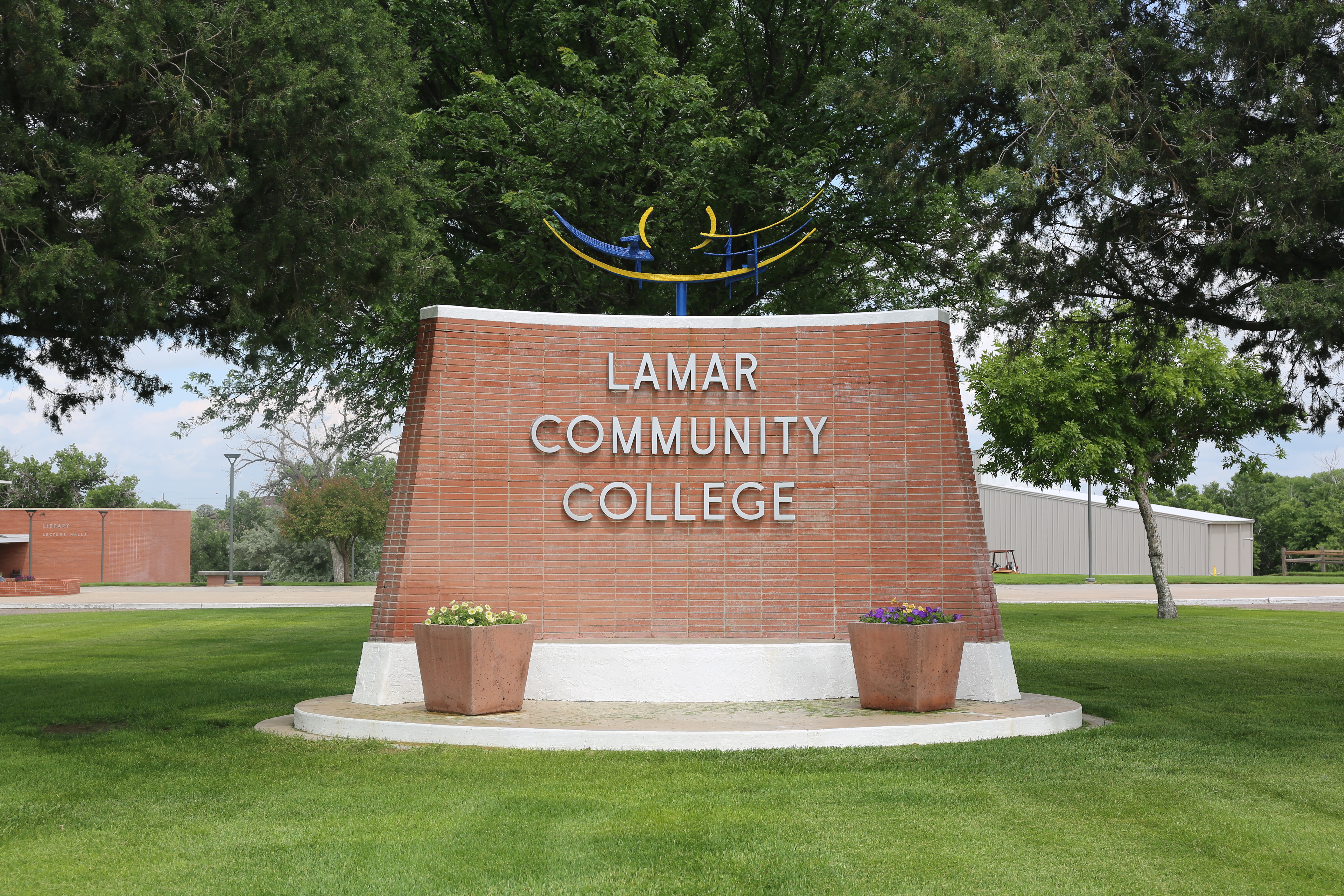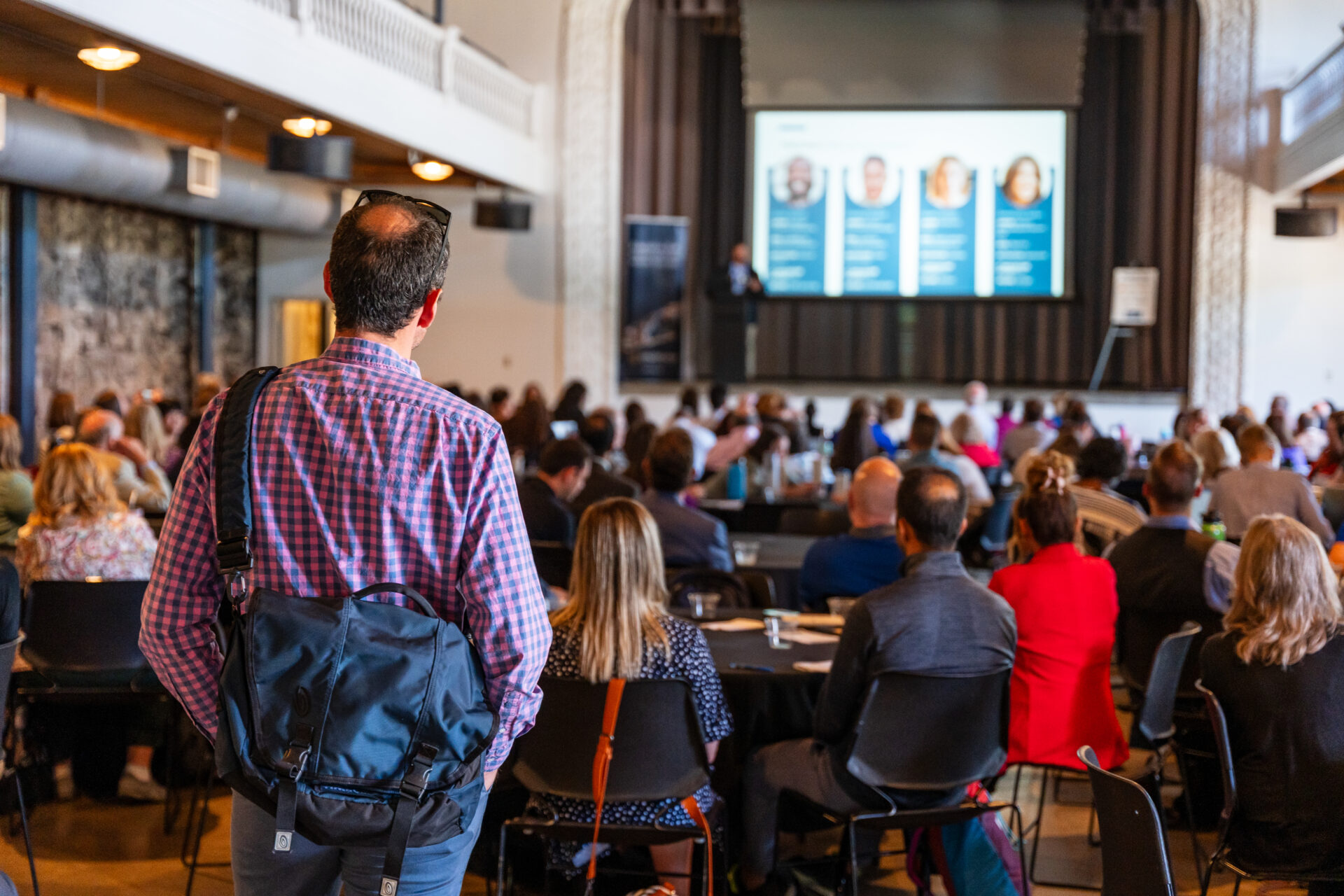Hunter Meredith watched on as a dozen of his peers gathered around a bank of computers. The Smoky Hill High School freshman was hoping to qualify for his first ever drone flying race.
“It took me about two weeks to get a hang of it. To get good at it, it took me two to three months,” he explained. “On this course that they’re doing my time is currently 38 seconds.”
Meredith is one of the thousands of students who put their skills to the test at the Technology Student Association (TSA) conference last month. About 1,600 middle and high schoolers participated in 98 separate events, ranging from engineering and costume design competitions to video production and quiz bowl contests.
Just months into his TSA experience, Meredith said drone flight has already become “one of his favorite hobbies.”
“This has really made me want to input technology into my job,” he said. “TSA inspired me to be more creative and think about my future.”
‘Make it Fun’
That kind of career exploration is what TSA is all about, said Dan Cornell, a design teacher at Smoky Hill and the school’s TSA advisor. He hoped his drone flight exhibit, which resembled a fancy video game, to attract students to a practical—and profitable—skill.
“One of my top students is actually being paid $100 an hour to record high school football games so that the coach could watch the plays live,” he said. “I’m looking at it like, ‘Make it fun, get them excited!’”
Including TSA, the Colorado Community College System (CCCS) coordinates eight Career and Technical Student Organizations (CTSOs) that provide professional development opportunities for learners in career and technical education (CTE) fields. About 155,000 high schoolers take at least one CTE course, representing 40% of all Colorado students.
CTE specializes in teaching hands-on skills. In Justin Kast’s engineering classroom, first-year students build cars powered by carbon dioxide and move on to advanced designs in aerospace or civil engineering as they progress through the curriculum. During their senior year, they tackle an innovation of their choice.
TSA is a good indication of career preparation and workforce readiness.
“The capstone can be a culminating semester project where students solve a problem that doesn’t have an existing solution,” the Highlands Ranch High School teacher said. “Depending on what their skillsets are, it could be programming, could be robotics.”
Kast strongly encourages his students to join TSA to get extra practice and experience. He predicts that up to 80% of his CTE students go on to major in engineering at a college or university.
“TSA is a good indication of career preparation and workforce readiness,” he said.
Exploring Opportunities
Competitions also drill “soft skills” as much as technical ones. Rock Canyon High School students Jonathan Duong, Tanish Lodha, and Shiven Patel worked together to draft and build a model home and write a detailed report on their process.
“This is actually the fourth iteration of our design,” explained Jonathan Duong. “We wanted to build something that represented a pagoda. You have many different levels of geometric terraces.”
With such a complex project, the group focused on clear communication and quick problem-solving. They also relied on research and analysis to make sure their design was feasible.
“It’s always fun to explore your opportunities,” Lodha said. “We learned so much about like interior stuff like HVAC, electrical wiring, and how you build a house that can also be ADA compliant. There’s a lot that goes into that.”
The experience has helped the trio narrow their career interests.
“I always took an interest to architecture, because you’re taking art and bringing it into life,” Duong said. “Not only being able to design a place where people can live, people can work, but then also to do that in the real world is something that really enticed me.”
While Patel is more drawn to mechanical engineering, he said he’s learned a lot through the competition.
“There are many different skills that we can take out of this. Learning how to design something like this to make it function in real life was really useful.”


